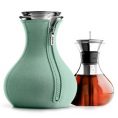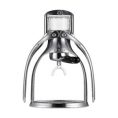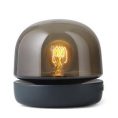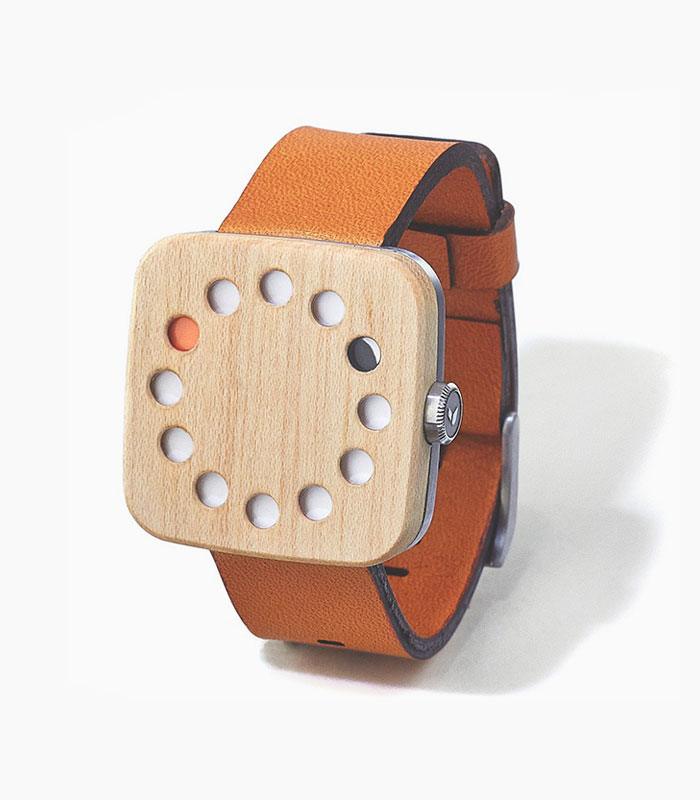These abnormalities include impaired platelet aggregation, decreased secretion or activity of platelet-derived proteins involved in does alcohol suppress immune system blood clotting, and prolongation of bleeding in the absence of thrombocytopenia. The observed neutropenia may be related to impaired neutrophil development in the bone marrow. Thus, bone marrow analysis of alcoholic patients during the neutropenic stage demonstrated that virtually none of the neutrophil precursors had matured beyond an early developmental stage. Moreover, the neutrophil stores that are maintained in the bone marrow to allow a quick response to a bacterial infection were depleted more rapidly in active alcoholics than in healthy control subjects. Spur-cell hemolysis occurs in about 3 percent of alcoholics with advanced liver disease, causing anemia that progresses relentlessly and is eventually fatal. Clinicians have tried unsuccessfully to treat the disorder using various agents with cholesterol-lowering properties.
Alcohol, other drugs, and health: Current Evidence
If you’re considering taking semaglutides like Rybeslus or Ozempic for diabetes or weight loss, talk to your doctor about potential interactions and side effects. While nailing down the right medication is important, you must also optimize your lifestyle and understand what affects your blood sugar levels. Continuous glucose monitors (CGMs) can help you do just that so you can take control of your health. In addition to prescription medications, herbs, and supplements can also affect how Rybelsus works in the body. While many people turn to natural remedies to manage their health, some herbs and supplements may interfere with the medication’s effectiveness or cause unwanted side effects. Always talk to your healthcare provider before adding new herbs or supplements to your routine while taking Rybelsus.
Liver failure
- Alcohol disrupts communication between these organisms and the intestinal immune system.
- Only two studies have examined alcohol-induced changes in colonic (Mutlu, Gillevet et al. 2012) and fecal microbiomes (Chen, Yang et al. 2011), and both studies focused on individuals with AUD.
- To date, there is little research on the impact alcohol has on COVID-19 recovery.
- Antigen-specific responses are decreased in folate-deficient humans and animals (Dhur, Galan et al. 1991).
- This includes eating a balanced diet rich in fruits, vegetables, whole grains, and lean proteins.
- This means that its functioning shifts to focus on breaking down the alcohol and takes its energy from other critical functions such as fighting diseases.
In addition to its adverse effects on GI functioning, the impact of alcohol on the GI microbiome can also alter the maturation and functions of the immune system. We need lots of different ‘good’ bacteria in our gastrointestinal (GI) tract for healthy immune function. But drinking can weaken this system, leaving us vulnerable to infections and diseases.
What Can I Do to Minimize Damage to My Immune System?
In summary, several in vitro and in vivo studies demonstrate that ethanol modulates the function of innate immune cells (monocytes and DCs) in a dose and time dependent manner (Figure 1). Acute high dose exposures inhibit whereas long-term treatments stimulate proinflammatory cytokine production. In addition, in vivo consumption of moderate amounts enhances phagocytosis and reduces inflammatory cytokine production whereas chronic consumption of large doses inhibits phagocytosis and production of growth factors.
Septicemia is what is alcoholism a serious condition because it can cause the bloodstream to carry bacteria and toxins throughout the entire body. Without rapid hospital treatment, septicemia can lead to sepsis, which is life-threatening. Within the GI tract, alcohol exposure can also alter the number and abundance of microorganisms present within the microbiome, all of which play an important role in normal GI function.
In This Article
- The adaptive immune response can be distinguished from innate immunity by the capability of generating immunological memory, or protective immunity against recurring disease caused by the same pathogen (Janeway 2008).
- If you have rheumatoid arthritis or another rheumatic disease, your doctor may prescribe a type of medication called a DMARD.
- One thing that most DMARDs have in common is that they bring down inflammation by lowering the immune response.
- Additional studies are required to fully understand the role of ethanol metabolites and adducts in the development of alcoholic liver injury and organ damage.
“Alcohol damages the ability of your immune system to fight viral infections. In fact, both the Surgeon General and the World Health Organization advise anyone at high risk for COVID-19 to avoid alcohol because it increases your risk for infection.” Your immune system defends your body against infection and recovers it from injury.1 Many factors affect the immune system, so https://ecosoberhouse.com/ does alcohol lower your immune system response? Heavy use of alcohol and immune system are, in fact, closely related in negative ways. It is no surprise that the key to boosting your immune system is a healthy lifestyle—which includes good nutrition, plenty of sleep, regular exercise, no smoking, and avoidance of stress.
- When a severe bacterial infection occurs, the body’s response usually includes an increase in the number of WBC’s—especially neutrophils—in the blood, a condition called leukocytosis.
- Below are answers to frequently asked questions about DMARDs, including how they work and their side effects.
- “Drinking alcohol in large quantities even just for a short period of time — like binge drinking — can be bad for your health and your immune system,” says Favini.
- These doctors specialize in addiction medicine and provide personalized care to individuals struggling with alcohol or drug dependence.
- Furthermore, alcohol can impair the function of immune cells, such as macrophages and T cells.


















